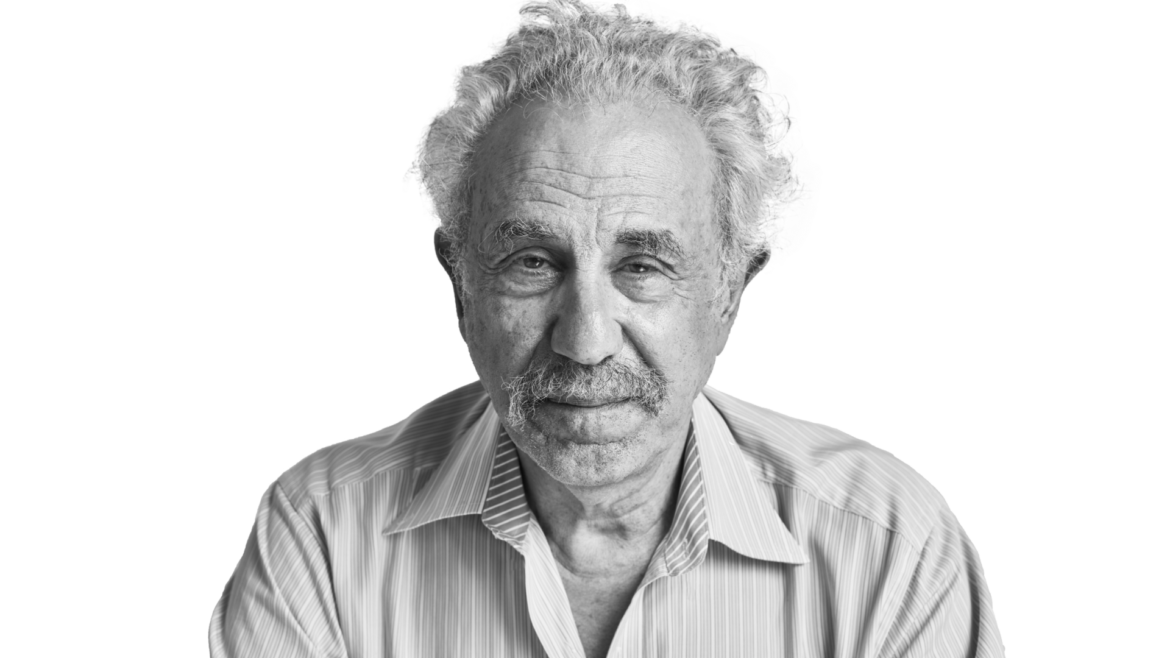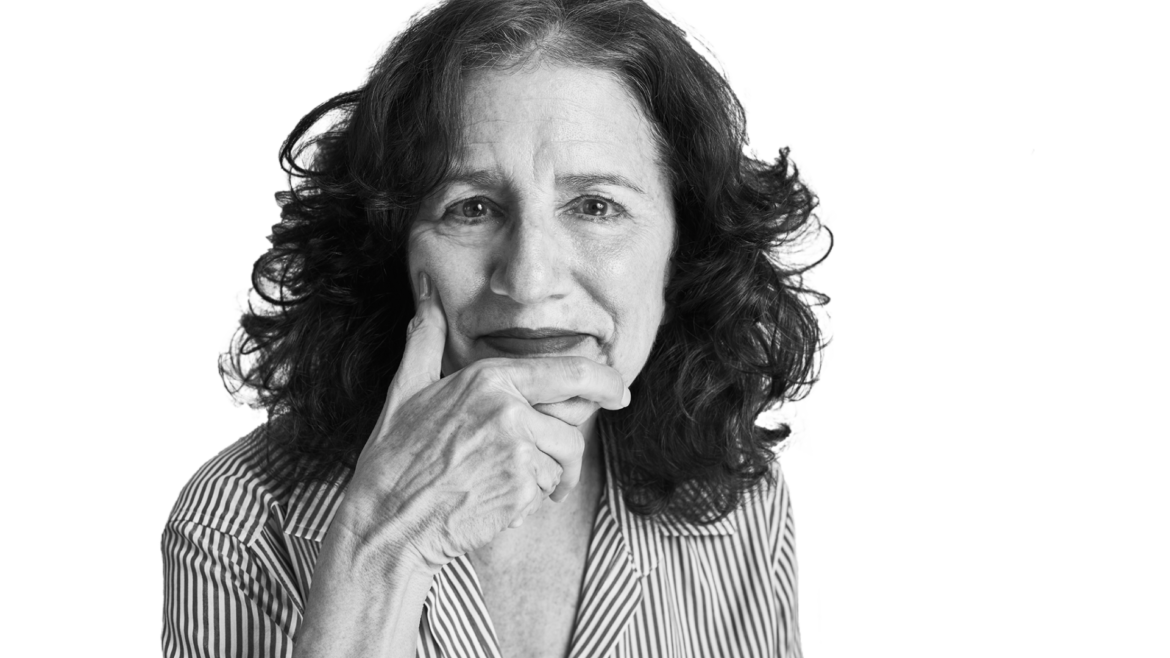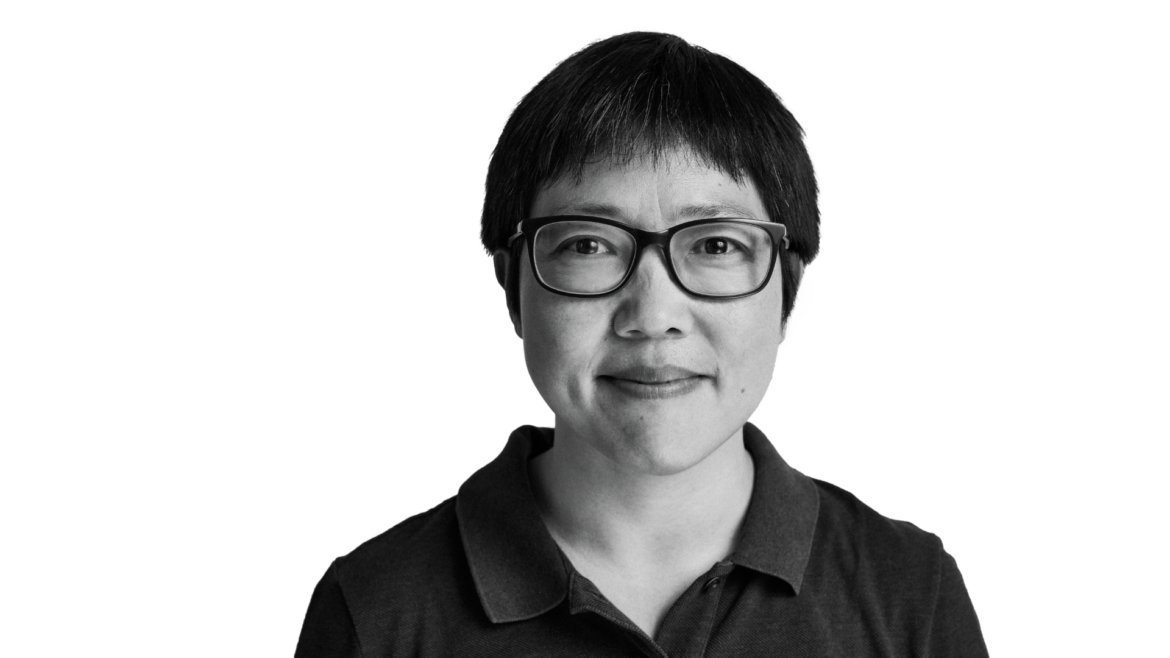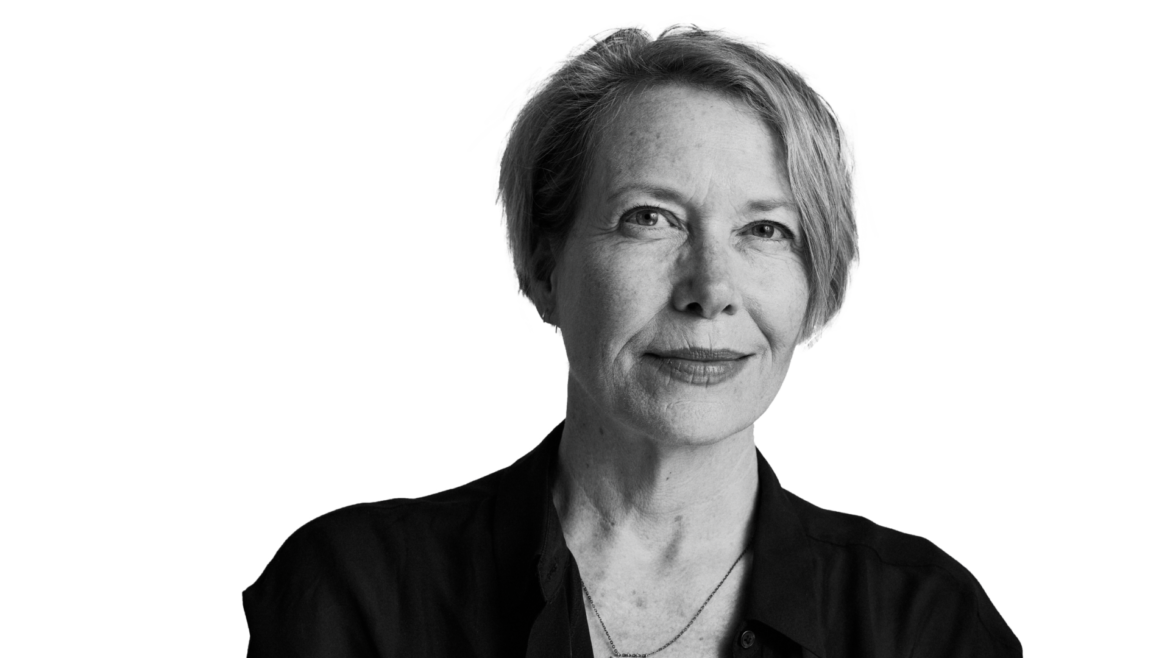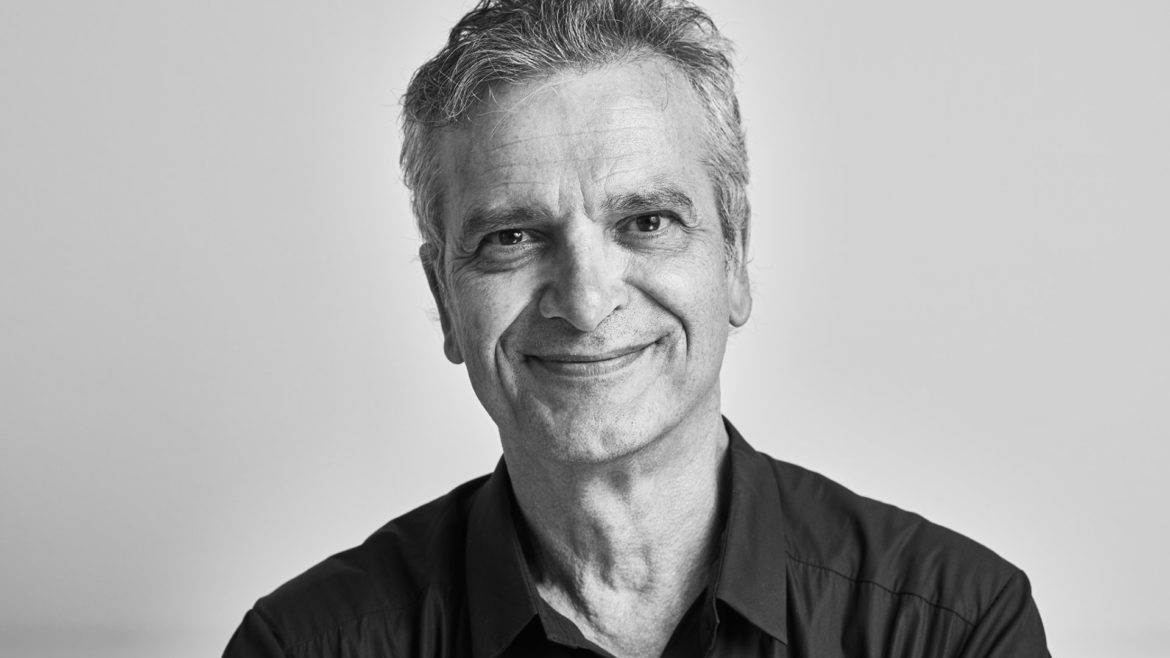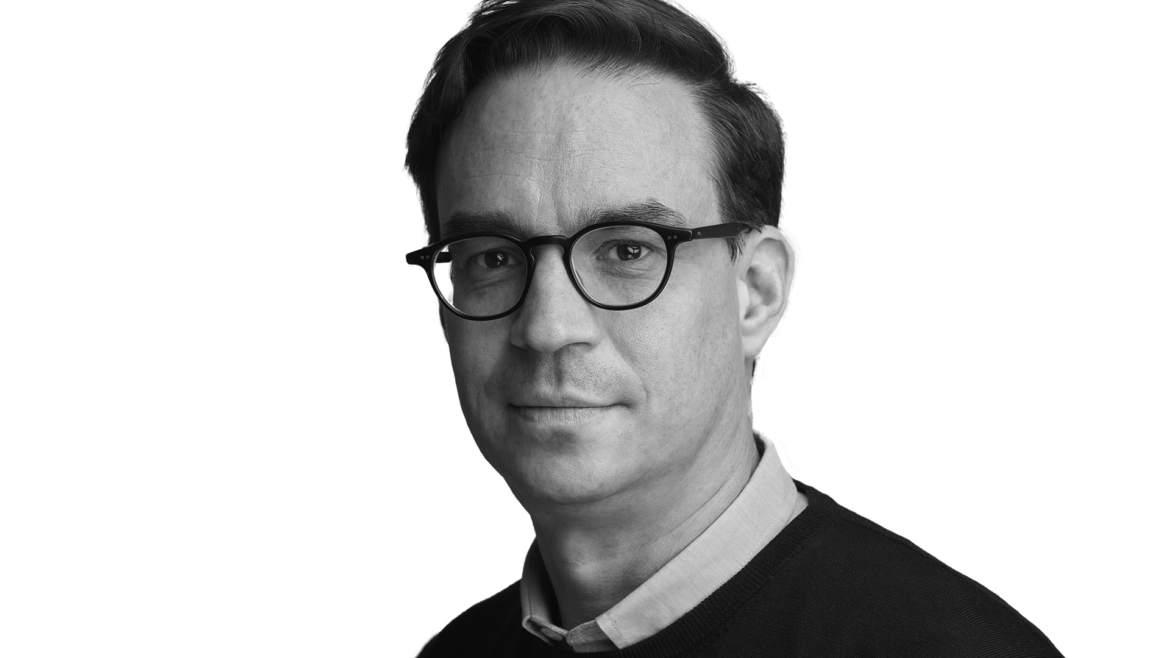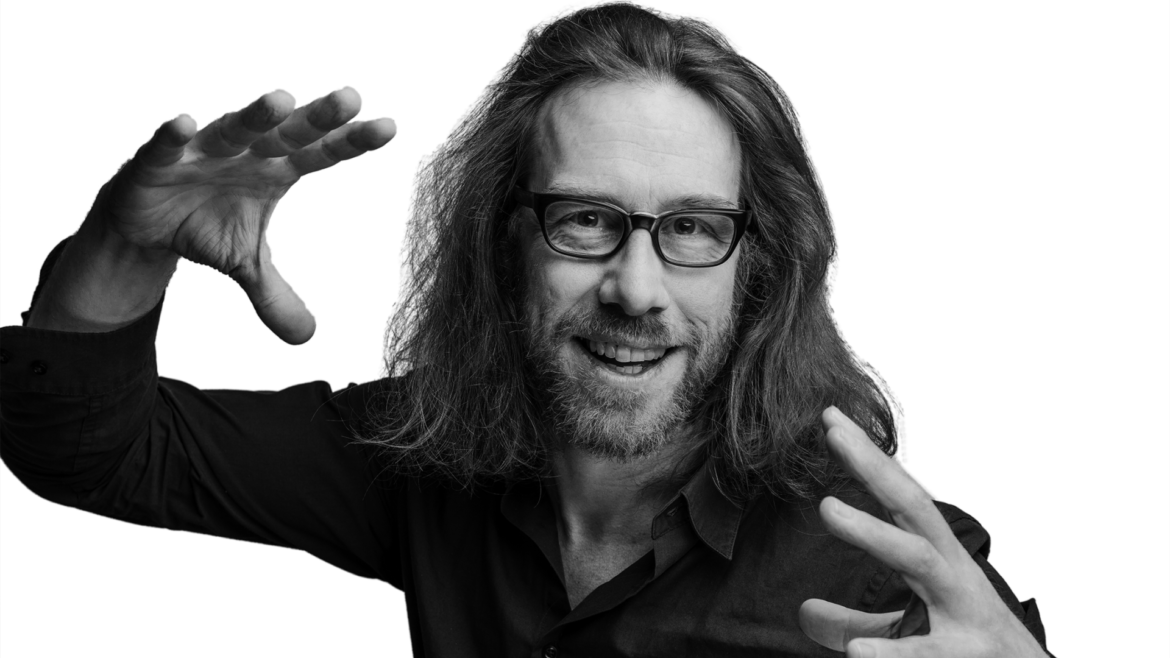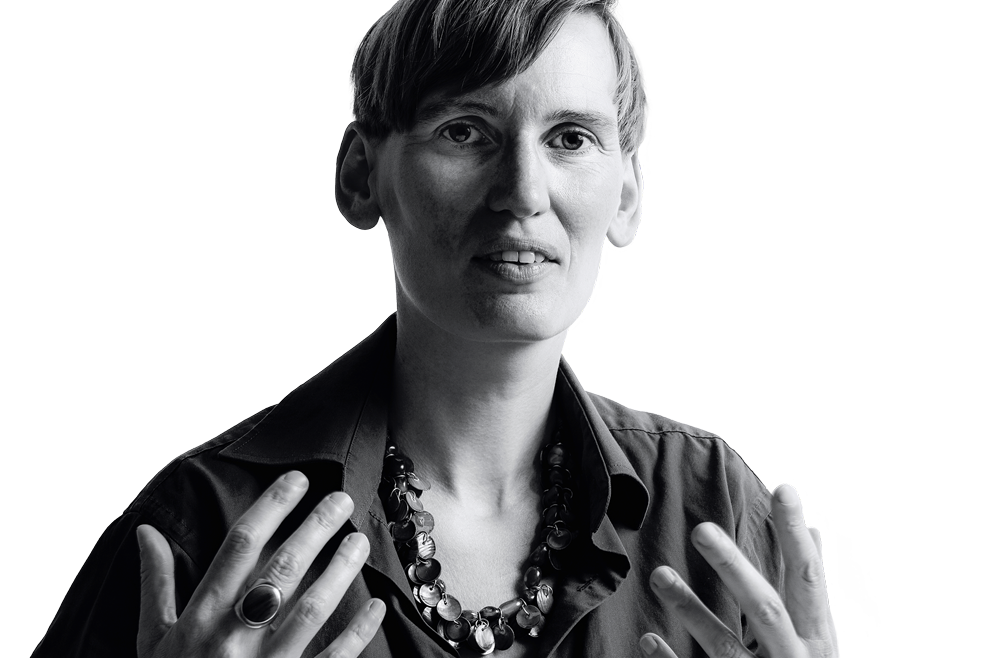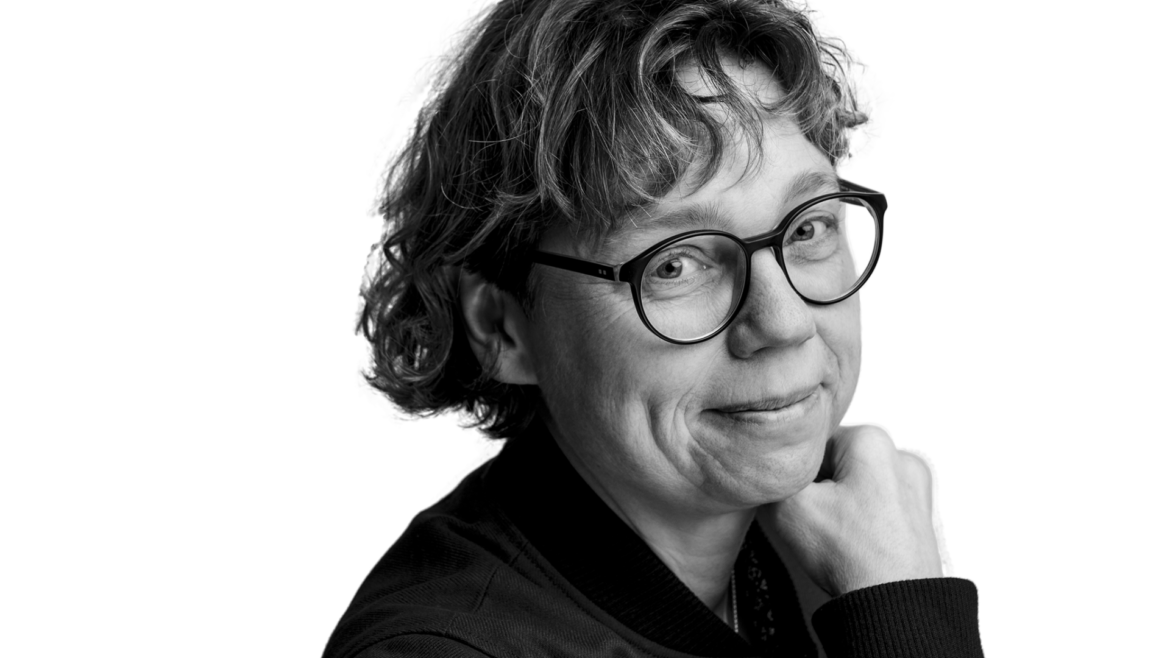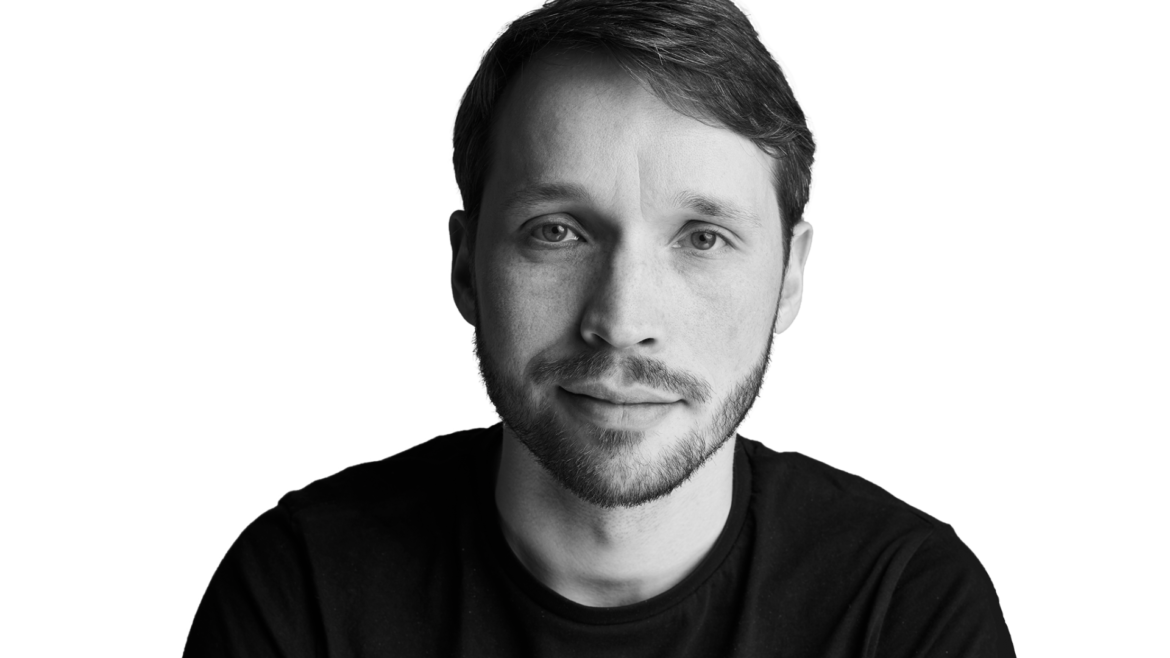Jean Louise Cohen, Fellow
Zhang Shuangli, Fellow, Berlin
Theoretical thinking has always been an indispensable moment within the efforts to change social reality.
Allison Weir, Fellow
Nikolas Kompridis, Fellow
Daniel Loick, Fellow, Berlin
Subaltern communities have often developed highly effective strategies to respond to the multiple current crises. The rest of the world can learn from them – not the other way around.
Bertram Lomfeld, Fellow, Berlin
Law coins our social grammar. Social change needs legal utopianism.
Eva von Redecker, former Deputy Director, Berlin
My thirst for theory has always been driven by a desire to see more, and with more than my own eyes: multiple perspectives, complex interconnections, and revolutionary possibilities.
Andrea Roedig, Arts & Media Fellow, Berlin
The actual importance of a topic often appears more clearly when it is not shown in full light, but illuminated from the side or from oblique angles. This is what I try to do in my writing.
Frank Schumann, Fellow, Berlin
Everyday critique can be seen as an attempt to regain a sense of order in an otherwise uncertain or irritating social reality. Understanding critique thus means uncovering the shared images of a normative social order that form its basis.

